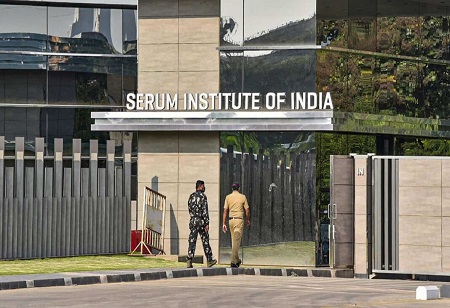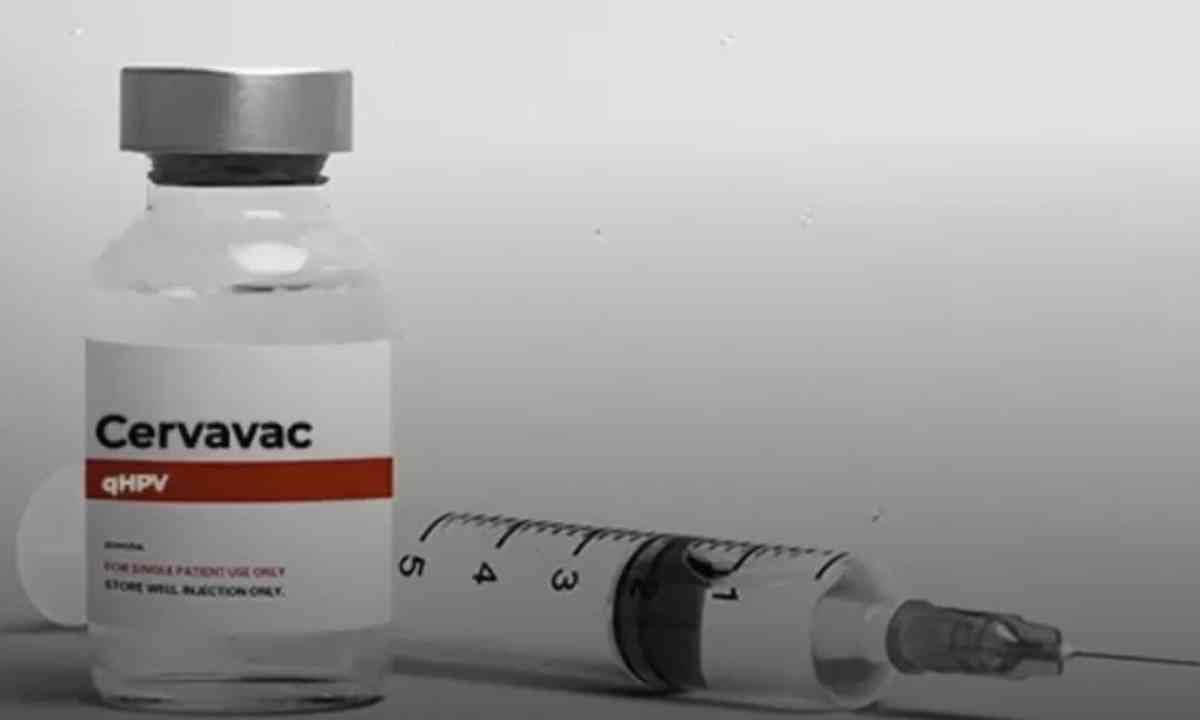On Tuesday, January 24, 2023, the Serum Institute of India (SII) launched CERVAVAC, India's first indigenously developed quadrivalent human papillomavirus (qHPV) vaccine. CERVAVAC is intended to provide protection against cervical cancer, which is the second most frequent cancer among women aged 15 to 44 years in India.

The vaccine includes L1 protein-containing VLPs of serotypes 6, 11, 16, and 18 and is effective against at least four variants of the Human Papilloma Virus (HPV). It is more than 99% effective in preventing cervical cancer if given before a female is exposed to the virus. CERVAVAC is set to be available later this year and will provide protection against genital warts and some other cancers.
Cervical cancer is caused by the human papillomavirus (HPV), which is a sexually transmitted infection. It is the fourth most common cancer in women worldwide. The main symptoms of cervical cancer include abnormal vaginal bleeding, pelvic pain, and pain during intercourse.
The best way to prevent cervical cancer is through regular cervical cancer screenings and the HPV vaccine. There are currently two HPV vaccines available: Gardasil and Cervarix. Both vaccines are highly effective in preventing the types of HPV that cause cervical cancer.
The HPV vaccine is most effective when given to individuals before they become sexually active, typically at ages 11-12. The HPV vaccine is also recommended for individuals up to age 45, who have not been previously vaccinated or completed the vaccine series. The HPV vaccine does not treat cervical cancer or HPV-related diseases, but it can help prevent them from developing.
The vaccine is safe and has been extensively tested. The most common side effects are mild, such as soreness at the injection site and a low-grade fever.
© Vygr Media Private Limited 2022. All Rights Reserved



















